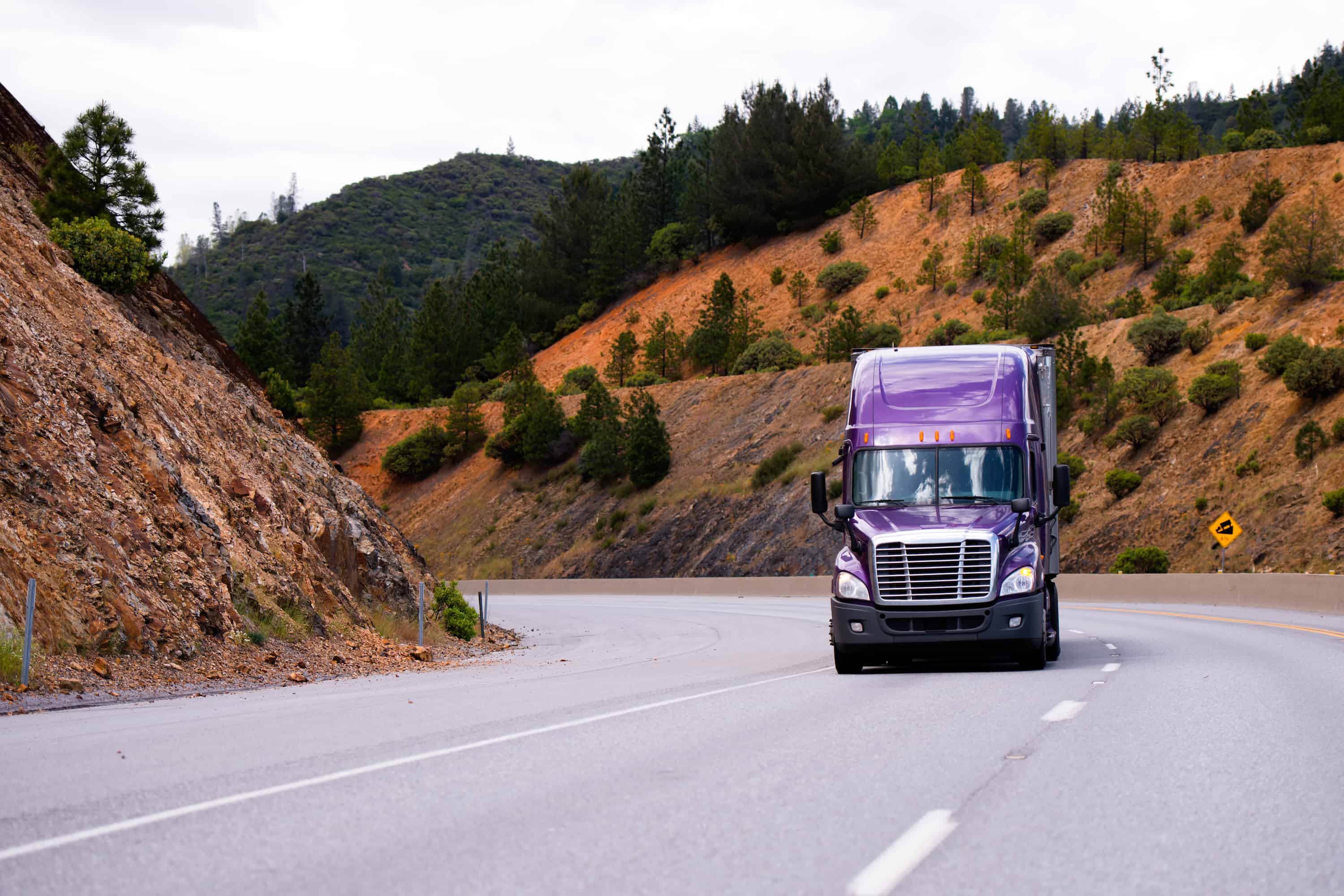 Many people erroneously assume that the only people who need commercial driver licenses (CDLs) are those who drive large buses or tractor-trailers. Businesses need to familiarize themselves with the nuances of CDL requirements to avoid costly fines.
Many people erroneously assume that the only people who need commercial driver licenses (CDLs) are those who drive large buses or tractor-trailers. Businesses need to familiarize themselves with the nuances of CDL requirements to avoid costly fines.
Frequently, the weight of the vehicle dictates whether the driver needs a CDL. However, several other vehicle categories also necessitate a CDL. These include:
- Class A. Vehicles with a gross combination weight or rate that is equal to or greater than 26,001 pounds require a Class A CDL. The total weight includes any towed trailers or vehicles that exceed 10,000 pounds.
- Class B. Vehicles that weigh 26,0001 pounds or more and vehicles towing other units less than 10,000 pounds need a Class B CDL to operate.
- Class C – Passenger Quantity. Regardless of size, drivers need a CDL to drive any vehicle that can carry 16 or more people. Federal regulations include the driver as one of the 16-person threshold.
- Class C – Hazardous Materials. Drivers need a Class C CDL to transport hazardous materials or any materials identified by federal regulations as a select agent or toxin.
CDL Exemptions
Certain individuals and vehicles may not need a CDL. These include:
- Farm-to-market transportation of goods with some limitations. The driver must be the farmer, the farmer’s family member, or an employee. The driver cannot travel more than 150 air miles from the farm or use the vehicle as a contract carrier. The driver must use the vehicle to transport farm equipment and goods or as part of nursery and agricultural operations.
- Military vehicles. Individuals that drive vehicles as part of their military duties do not need a CDL.
- Recreational vehicles (RVs). Individuals that own and operate RVs for personal use don’t need a CDL.
- Firefighting/Emergency equipment. Individuals operating a vehicle to protect life and property are exempt from CDL requirements, as they undergo extensive training, are easy for motorists to see and hear, and do not have to follow usual traffic laws.
Depending on the license, commercial vehicles are either exceptionally heavy, transporting a lot of people, or contain hazardous substances. As a result, accidents involving commercial vehicles often cause severe injuries or deaths. Proper licensing is necessary for compliance, but ongoing safety training is critical to prevent avoidable collisions. Contact Interstate Motor Carriers to learn more about reducing risk in your fleet.

